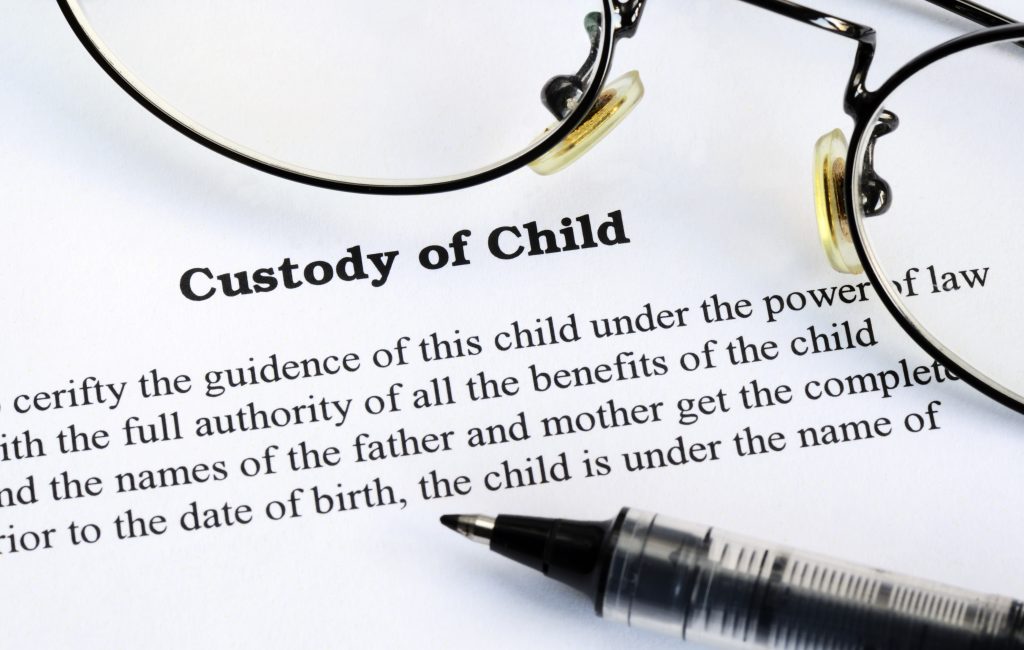
What Does it Mean to Be “In Contempt of Court?”
We’ve all heard the phrase “contempt of Court,” whether it be from a courtroom scene in a television show, or a neighbor talking about their real-life lawsuit. But what does being “in contempt of Court” actually mean?
Generally speaking, when someone is “in contempt of Court,” it means they have been disobedient or disrespectful to a court of law or its officers. In the State of Utah, people can be in contempt of Court for several different reasons, including:
- The person behaves disorderly or rude toward a judge during a court proceeding, usually interrupting the proceeding;
- The person “breach[es] the peace” during a court proceeding, which could look like rowdy conduct or even violence, again usually interrupting the proceeding;
- An officer of the court (attorney, clerk, sheriff, etc.) misbehaves, or willfully neglects or violates a duty to the court;
- A party of a case engages in “deceit, or abuse of the process or proceedings of the court”;
- A person disobeys “any lawful judgment, order or process of the court”;
- A person acts as if they are an officer, attorney, or counselor of a court, without actually having such authority;
- A person takes or “rescues” a person or property that they shouldn’t take, because a court order is in place granting custody of that person or property to an officer;
- A person unlawfully detains a witness or party of a trial;
- A person unlawfully interferes with a court process or proceeding in any other way;
- A person disobeys a subpoena which was properly served, or refuses to be sworn as a witness, or refuses to answer as a witness;
- A person who was summoned to be a juror neglects to attend, or engages in other conduct jurors are prohibited from engaging in; or
- A lower court disobeys a higher court’s order, or a judicial officer disobeys a court’s order or process.
(Utah Code Ann. § 78B-6-301.)
The Utah Appellate Court recently reviewed an interesting case, Rosser v. Rosser, 2019 UT App 25 (Utah Ct. App. 2019), taking a closer look at a couple of these bases for contempt. In the underlying divorce case, the husband and wife made a certain agreement about taxes at mediation, and memorialized it in their Mediation Agreement. However, the term regarding taxes changed by the time the parties’ Decree of Divorce was entered, and the wife argued that the change was only a result of the husband deceiving her. She asked the trial court to find the husband to be in contempt of Court for failing to abide by the Mediation Agreement.
However, the Appellate Court clarified that although the wife could possibly bring a fraud lawsuit against the husband for deceiving her, the husband was not in contempt of Court. Someone is in contempt if they disobey “any lawful judgment, order or process of the court,” but here, only the Decree of Divorce was a court order, not the Mediation Agreement. Further, although someone is in contempt if they engage in “deceit, or abuse of the process or proceedings of the court,” the Appellate Court clarified that this “deceit” must be committed against the Court, not just against the other party. In this case, the Appellate Court found that the husband’s deceit was not against the Court (for example, he did not give a false testimony under oath). Even if the husband had deceived the wife, he didn’t deceive the Court and there was not a basis for the Court to declare he was in contempt of court.
Usually, when a Judge or Commissioner makes a “finding” (determination) that someone is “in contempt of Court,” the result or “punishment,” so to speak, will vary depending on the nature of the action that put the person “in contempt.” A Court might order the person to pay someone’s attorney fees, enter a default judgment, require the person to pay a fine, order the person to be incarcerated in jail for a short time, or anything else the Court deems fit and appropriate.
If you have questions about whether someone in your specific case is likely in contempt of court, or what types of sanctions or orders a Court would likely issue for that person’s specific type of contempt, it is always best to reach out to an experienced, knowledgeable, Utah attorney.
you may also like
In Utah, what is needed to qualify for a Stalking Injunction?
If you are scared for your safety because you reasonably believe someone might try to harm you…










